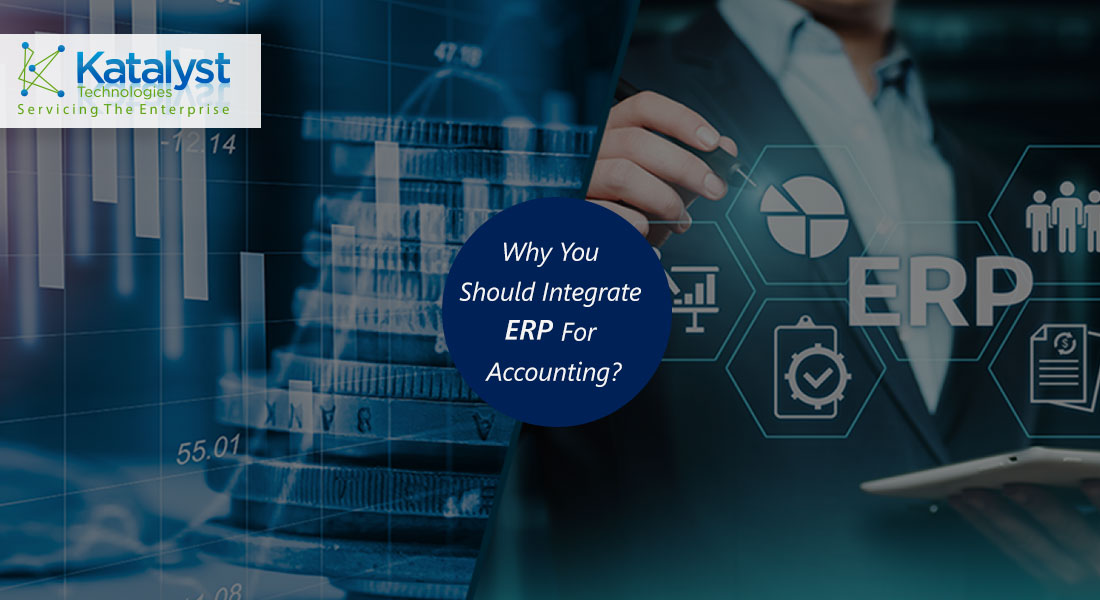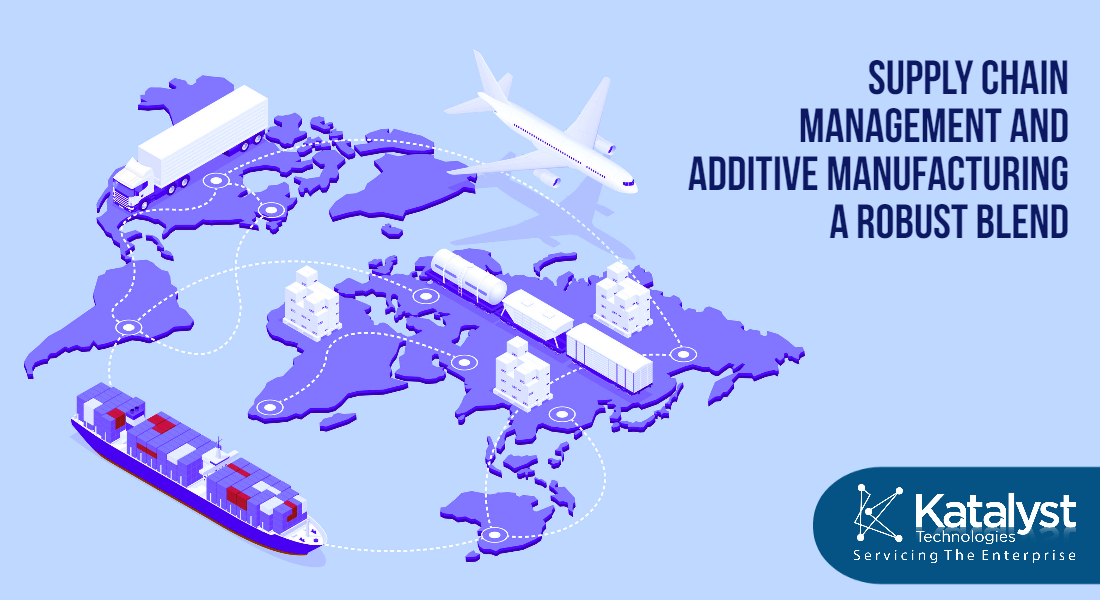Why You Should Integrate ERP For Accounting?
Nowadays, everyone prefers to use their favorite accounting software for an organization that stores their financial data. However, the problem that most vendors face is that this software is limited to providing accounting solutions and in no way helps to streamline your day-to-day business processes.
You need to replace your basic accounting software with an integrated ERP solution and protect your company from the backlash of lost sales and dissatisfied customers! Why do manufacturers need more than just accounting software? A leading study shows that ERP offers enterprise benefits ranging from operational, strategic, and organizational benefits. This encourages improved supply chain management by promoting profitability, reducing costs and standardizing processes.
ERP systems integrate all business data, not just financial documents, to give you greater transparency than day-to-day business.
ERP software worldwide is estimated to reach revenue of 48.21 billion USD by 2025. This is a significant growth rate of 7.88% CAGR from 2020, according to the software suggest.
Manufacturers look for a single ERP solution to simplify business processes without relying on multiple systems. Below are the main reasons why you should integrate ERP for accounting:
1. A 360-degree view of your finances and your business as a whole:
Always looking to save resources, manufacturers use ERP accounting software to predict behaviour and assess patterns of day-to-day business processes that affect sales, marketing, and supply chain management.
The ERP accounting system provides a 360-degree overview of the financial function with displayed reports via Charts, graphs and visual support. These financial reports help companies predict future results and better manage risk.
2. Simplify business processes:
The poor quality of annual financial reports can have a negative impact on the company. When making business investment decisions, the accuracy of the annual financial statements is very important. The ERP system establishes standard procedures to achieve real-time financial reporting and efficient provision of financial information.
It is assumed that financial accounting through ERP is more accurate because it is based exclusively on standard accredited information in the system. You don't need to transfer data between platforms manually when using an integrated ERP. Most manufacturing companies automate accounting tasks such as compliance and compliance audits with ERP.
3. The linkage between finance and the production process:
ERP streamlines collaboration processes by accessing inter-agency databases. Information about multiple functional areas such as CRM, accounting, human resource management, and supply chain management is transferred to a central location, enabling real-time collaboration.
Business processes in manufacturing are more complex, and therefore, some vendors rely on ERP systems to process larger amounts of data.
ERP accounting software is more accurate because it offers a holistic, integrated and transparent view of business processes and is based exclusively on standard information available in the system.
4. Automatic working process:
· You can track financial transactions as automatic check information in real-time.
· Eliminate the need for paper documents, make payments on time, and improve accuracy.
· With automated financial reporting, ERP reduces time spent on accounting operations by freeing auditors to spend less time completing records.
· Automated reporting provides management with comparable and detailed financial records that are important for decision making.
· These benefits encourage companies to invest in ERP software and increase productivity.
5. Cost savings:
An ERP system integrates shipping planning and management tools, communication functions, and order processing options in one platform. With the use of ERP, companies can reduce operational costs and save Labour costs by automating business processes.
Logistics is one of the main operations in the production business. Take the example of freight transport. This is a challenging task as you have to consider the details of each load, such as monitoring the driver's schedule or even measuring the capacity of each vehicle.
ERP software is specifically designed for logistics and often integrates shipping planning, order processing options, communications, and management functions in a single platform. In addition, you can maintain a customer database which makes it easy to find completed and ongoing shipments.
Conclusion:
ERP allows you to have greater transparency and control over your operational processes, which results in significant cost savings. There are many reasons why manufacturing companies use ERP accounting systems. The main benefit is that the fragmented business processes are centered in the ERP database, the daily work processes are visible in real-time, and the business is streamlined. If you are looking forward to integrate accounting software for ERP, feel free to contact us, and we can assist you in best possible way. You can also request a free demo at any time!



